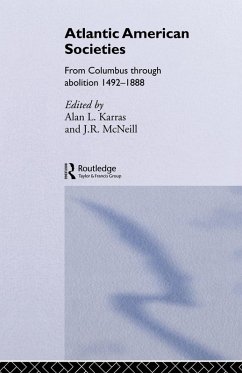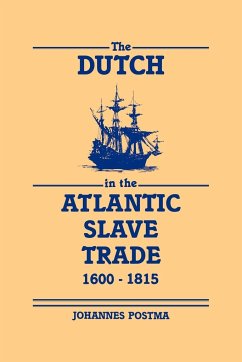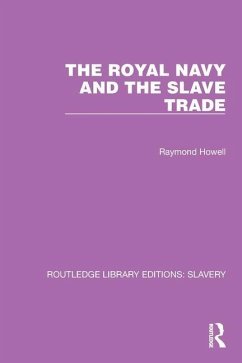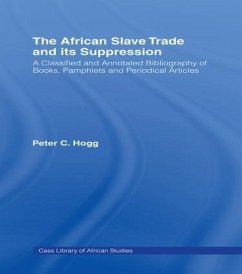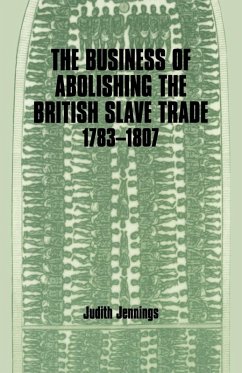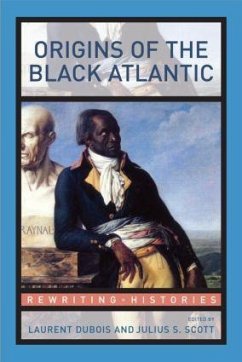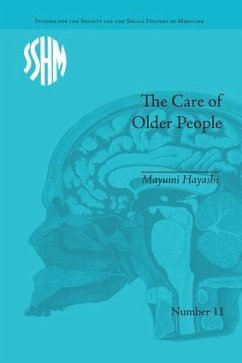
Motherhood, Childlessness and the Care of Children in Atlantic Slave Societies
Versandkostenfrei!
Versandfertig in 1-2 Wochen
56,99 €
inkl. MwSt.
Weitere Ausgaben:

PAYBACK Punkte
28 °P sammeln!
This book provides critical perspectives on the multiple forms of 'mothering' that took place in Atlantic slave societies. This book comprises two special issues, originally published in Slavery & Abolition and Women's History Review.





